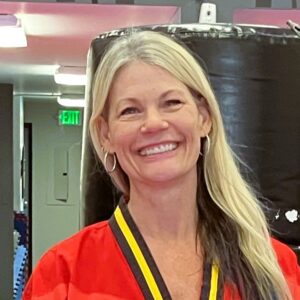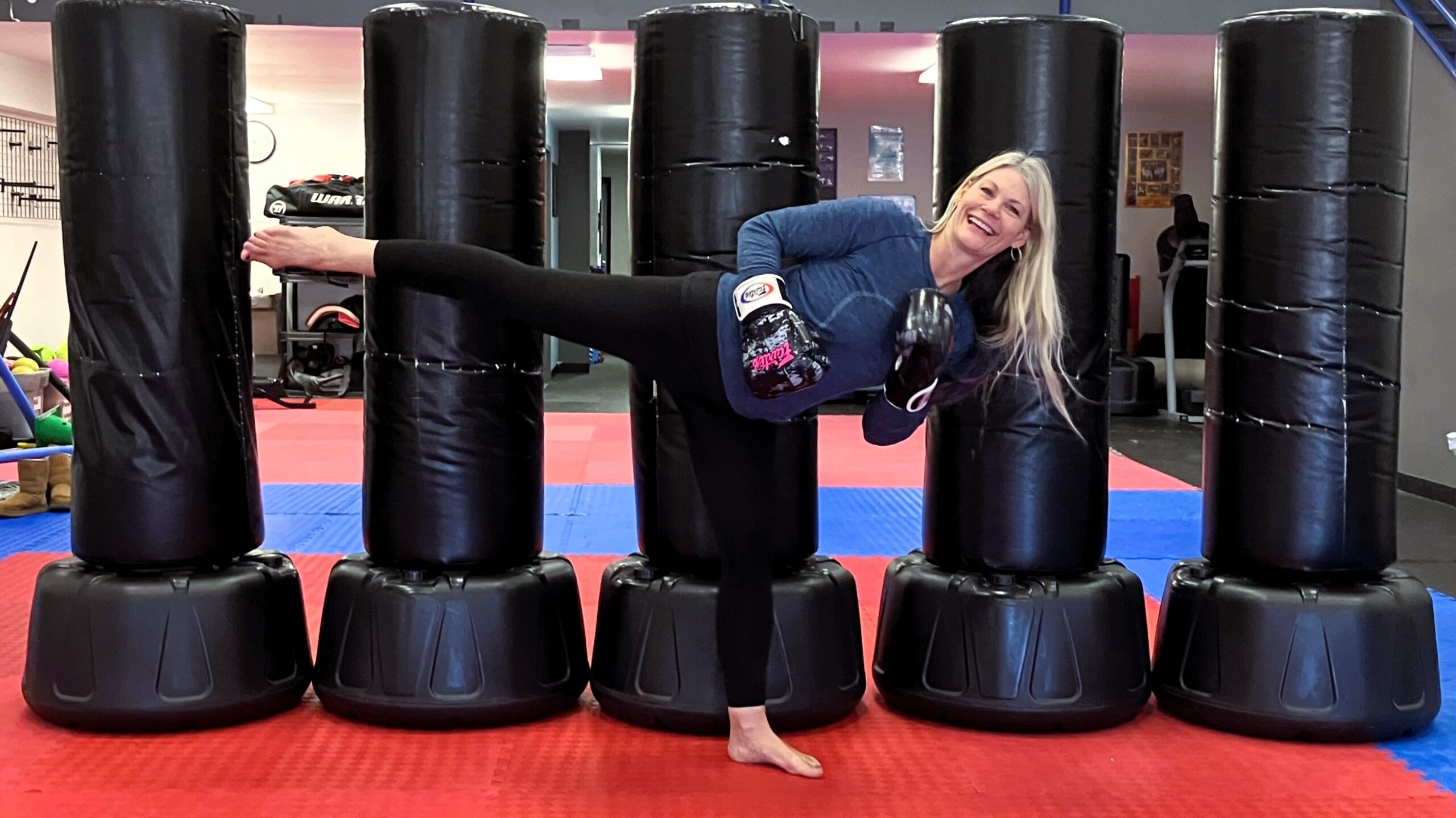We all have a voice in our head. Sometimes, it cheers us on. But other times, it whispers—or even yells—criticism when we make mistakes or fall short of expectations. Like, “You’re not good enough,” “Why even try?” or “You’ll never get this right.” I call this negative voice the Inner Bully®. It can be more destructive than any external critic because it’s always with us, and we mistakenly think it is us. It isn’t and it chips away at our confidence, motivation, and well-being. Left unchecked, it can lead to self-doubt, perfectionism, anxiety, and burnout.
In my TED Talk, The Dangers of Your Inner Bully, I explored how this internal saboteur forms, why it’s so harmful, and how to stop it in its tracks. But understanding the inner bully didn’t come from theory—it came from experience. In 2014, I survived a devastating car accident that caused a traumatic brain injury. My life was turned upside down. Tasks like reading, focusing, or even remembering simple things became monumental challenges. In those early days of recovery, my inner bully was relentless.
“You’re broken,” it sneered.
“You’ll never get back to who you were.”
For a while, I believed it. The frustration, exhaustion, and uncertainty were overwhelming. But as I learned to navigate my healing journey, I discovered tools to quiet that critical voice—and in doing so, I found a new level of strength and compassion within myself. Here are the things I WISH someone had told me, I hope they make a difference for you too!
The inner bully often takes root in childhood. It can stem from well-meaning but critical parents, teachers, or authority figures who unknowingly instill a perfectionist mindset. “Do better,” “Be more,” “That’s not good enough”—when we hear these messages repeatedly, they become the script we play on repeat. For me, as a high achiever, that script was deeply ingrained. Before my injury, I prided myself on being able to handle anything life threw my way. But the accident stripped away my usual coping mechanisms and left me vulnerable to my inner critic’s harsh judgment.
The inner bully doesn’t just criticize—it controls. It hijacks your self-worth and ties it to impossible standards. It convinces you that you’re only valuable if you succeed, only lovable if you’re perfect, and only safe if you avoid risks. It made me believe I had no value because I couldn’t do anything while I was healing my brain!
This mindset can lead to:
- Perfectionism: The belief that anything less than perfect is a failure.
- Fear of Failure: Paralysis at the thought of making mistakes or being judged.
- Chronic Stress: Constantly striving to meet unrealistic expectations takes a toll on mental and physical health.
- Self-Sabotage: Over time, the inner bully leads to procrastination, avoidance, or quitting because you feel like you’ll never measure up.
During my recovery, I experienced all of these. But the deeper danger was how the inner bully threatened to rob me of hope. And I needed that hope to HEAL! The first step to silencing your inner bully is recognizing its voice. Pay attention to your own self-talk. Mine was so loud after my accident I couldn’t get away from it! Maybe you might hear yours differently but mine was saying things like:
- “You’re so stupid.” “You screwed up! Just like all those other times …”
- “You don’t know what you’re doing! You’re a mess!”
- “Why even bother?”
- “If only you were better/more ….”
This isn’t the voice of reason. It’s the inner bully, trying to keep us small and safe through warped logic. Once we’re aware of its presence, you can start challenging it. The good news is, you can train your brain to override the inner bully. It’s based on neuroplasticity and science. These are a few strategies I used to recover from my brain injury—and reclaim my inner power:
1. Name It to Tame It
By giving your inner bully a name, you create distance between it and your identity. I named mine “The Drill Sergeant” since it yelled at me, thinking it was being “helpful”. Naming it allowed me to see it as a part of me—not all of me.
2. Counter It with Facts
The inner bully thrives on exaggeration and half-truths. When it told me I’d never recover, I reminded myself of every small victory: remembering a word, finishing a short walk, or completing a therapy session.
3. Replace Criticism with Compassion
I learned to treat myself like I’d treat a close friend. When frustration crept in, I’d pause and say, “You’re healing. It’s okay to take time. Look how far you’ve come.” This shift from judgment to compassion became my lifeline.
4. Set Boundaries with Your Mind
Just as I set boundaries in relationships, I learned to set boundaries with my inner bully. I’d say, “Thanks for your input, but I’m focusing on progress, not perfection.” And seeing it as an actual bully helped me learn how to treat it! Healing my brain injury taught me that the antidote to the inner bully is our inner warrior. This is the voice that encourages you, believes in you, and cheers you on through challenges.
Your inner warrior says things like:
- “You’re doing your best, and that’s enough.”
- “You’ve got this!” or “You’ve done hard things – you’ll get through this too!”
- “Look at everything you’ve already accomplished.”
When we shift from self-criticism to self-compassion, we unlock a reservoir of resilience and inner strength. The dangers of your inner bully are real, but so is our ability to overcome it. My healing journey wasn’t just about restoring my brain—it was about transforming how I treated myself. The level of compassion and kindness I HAD to show to myself to heal is something I’ve kept doing.
We each deserve to live without the weight of self-criticism. You deserve to step into your power, flaws and all. And when you replace your inner bully with your inner warrior, you’ll be amazed at what you can accomplish. I just tested for my EIGHTH Black Belt in October even though doctors and my brain told me I’d probably never be able to do martial arts again!

Theresa Byrne
Theresa lives in Littleton where she loves watching the sunset over the mountains and the Colorado seasons of "I dunno ... it could be 80 degrees today or maybe 40!" Having tested for her 8th Black Belt, she continues to train in boxing/martial arts for whatever is next (even if she doesn't know what it is!) and working with others helping them with mindset, boundaries, and getting healthy inside and out. Excited to have won 'Empowerment Influencer of the Year' by Best Holistic Life Magazine (she's on the January 2025 cover) she keeps working on living her favorite life, looking for new hobbies, and making a positive impact worldwide.



